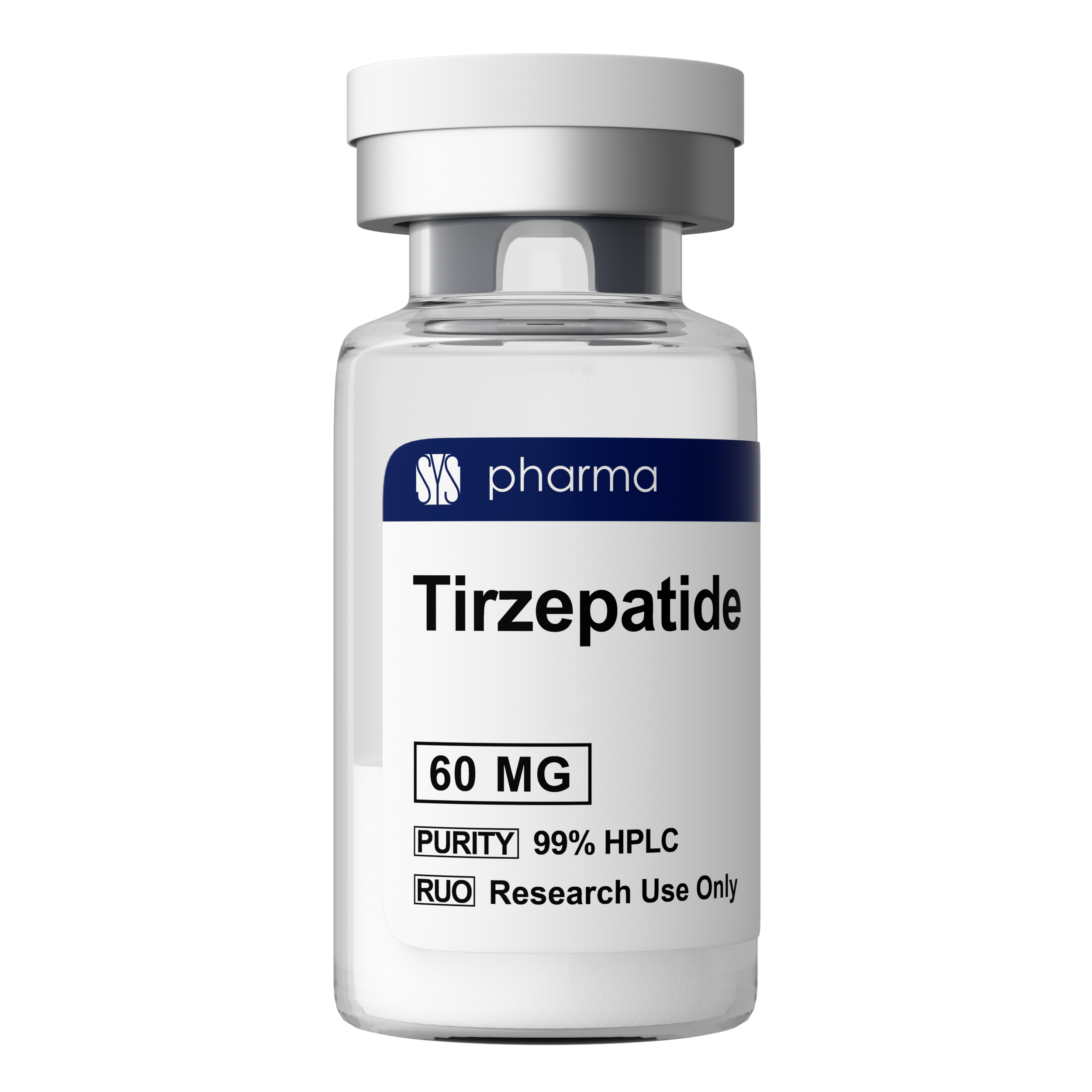-
Categories
-
Pharmaceutical Intermediates
-
Active Pharmaceutical Ingredients
-
Food Additives
- Industrial Coatings
- Agrochemicals
- Dyes and Pigments
- Surfactant
- Flavors and Fragrances
- Chemical Reagents
- Catalyst and Auxiliary
- Natural Products
- Inorganic Chemistry
-
Organic Chemistry
-
Biochemical Engineering
- Analytical Chemistry
-
Cosmetic Ingredient
- Water Treatment Chemical
-
Pharmaceutical Intermediates
Promotion
ECHEMI Mall
Wholesale
Weekly Price
Exhibition
News
-
Trade Service
The US FDA stated that its mission is to rely on scientific and technical experts to make reasonable, scientific and evidence-based regulatory decisions to protect and promote public health.
The US FDA stated that its mission is to rely on scientific and technical experts to make reasonable, scientific and evidence-based regulatory decisions to protect and promote public health.
1.
2.
3.
4.
5.
6.
7.
8.
9.
Key Areas of Regulatory Science Report (FARS Report)
In January this year, the FDA issued the "2021: Advancing Regulatory Science: Key Areas of Regulatory Science Report" (FARS Report), which conveys the importance and impact of FDA's regulatory scientific research activities and identifies interdisciplinary areas that require continuous or new investment.
Although the FDA center and office have constructed a focused research portfolio to address priority needs in the regulatory field, there are intersections that can benefit from collaborative approaches and joint commitments.
The FARS report identified 22 key cross-disciplinary projects that the FDA believes require continued input and innovation from internal scientists and external stakeholders.
The FARS report includes three strategic measures identified by the FDA in 2020 and the fourth measure identified by the FDA as a key regulatory scientific need due to the new crown epidemic.
1.
The report points out that the broad topic of using innovation to promote choice and competition comes from the work of the FDA’s Emerging Science Working Group, which “identifies new scientific trends that may affect products entering the FDA in the future.
” One of its areas of focus is individualization.
Treatment and precision medicine, "FDA believes that there is an urgent need for more understanding of mechanisms, improved manufacturing capabilities, and the use of other tools.
"
Another key area is the design of complex innovative experiments, such as complex adaptive experiments and Bayesian experiments.
Innovation topics also involve advanced manufacturing technologies ranging from 3D printing to artificial intelligence-controlled production methods.
In the report, the FDA also mentioned its ongoing work: to simplify the approval path of complex drug generic alternatives by using innovative quantitative methods and modeling.
2.
Unleash the power of data.
This theme revolves around the power of data that can be used in FDA's regulatory work (including product safety surveillance activities).
The FDA's sentinel system and the Biological, Effectiveness, and Safety System (BEST) are examples of active surveillance systems currently in use by the FDA.
The report pointed out that the FDA is still using artificial intelligence and machine learning technology to support its activities, and is also exploring artificial intelligence "how to combine various data so that it can analyze clinical trial results more comprehensively and quickly.
" Wearable devices and applications Digital health technologies such as programs also belong to this field.
The FDA Digital Health Center of Excellence has played an important role.
Another data-centric focus area is the increasing importance of real-world evidence (RWE) in clinical trials and post-marketing reviews.
3.
Empower patients and consumers.
Patient-reported outcomes have become an increasingly important part of the FDA's review process.
The report pointed out: "The FDA's user payment plan for medical product development stipulates to strengthen the FDA's ability to use a patient-centered approach to guide regulatory decision-making.
" FDA continues to cooperate with patient groups, academia, and professional organizations, Seek to broaden the way in which outcomes important to patients and caregivers are incorporated into supervisory decision-making.
Another aspect of empowering patients and consumers is to provide individuals with the best information so they can make informed decisions about FDA-regulated products.
FDA’s social and behavioral science researchers investigated how label claims and other claims made by drug and device sellers influence patient and consumer decisions.
4.
Public health emergency preparedness and response.
The report details some of the regulatory considerations involved in emergency preparedness, such as rapid development of medical countermeasures and technologies to reduce pathogen contamination.
The report also covers public health preparations related to non-pandemics to address the opioid crisis, the persistence of severe drug resistance, food safety, and the quality of dispensed products.
The FARS report also details the sources of funding, research capabilities, and tools that FDA can use to carry out regulatory scientific research.
The FDA strongly establishes that stakeholders working in the key areas listed in the report carefully read the report and the examples it contains to determine whether there is an opportunity to cooperate with the FDA and ensure that the FDA keeps abreast of the ever-changing regulatory scientific needs.







